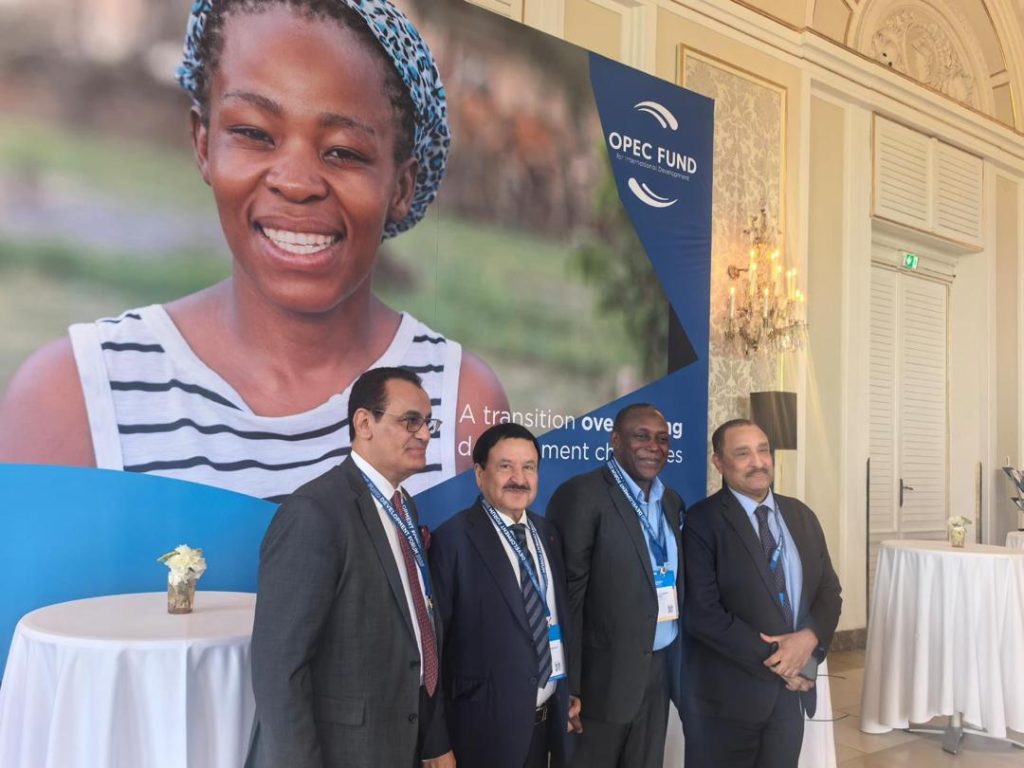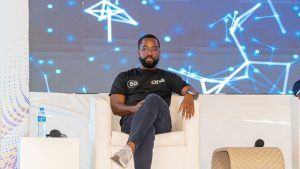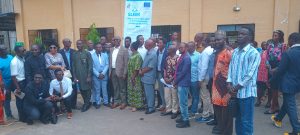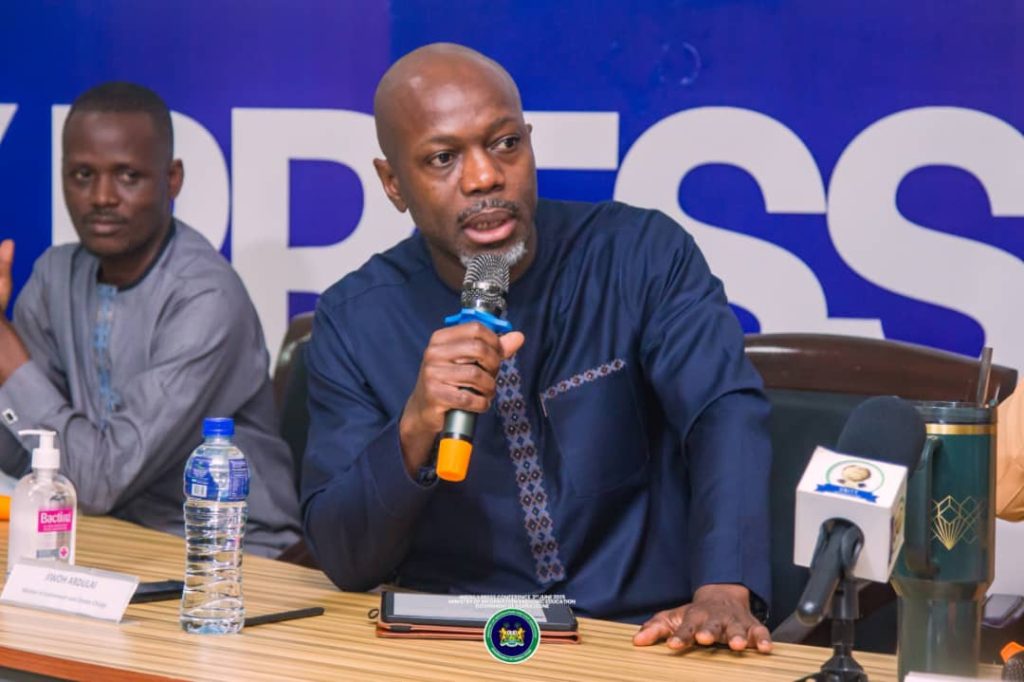Sierra Leone Deputy Minister Joins Key Conversations on Africa’s Education Future

By Bayoh
Freetown, Sierra Leone – The Deputy Minister of Technical and Higher Education, Mr. Sarjoh Aziz-Kamara, is currently attending the prestigious Continental Education Conference 2024 in Nouakchott, Mauritania. The conference, hosted by the Government of Mauritania and organized by the African Union in partnership with UNICEF, focuses on the theme “Educate and Skill Africa for the 21st Century.”
The conference has brought together education leaders, innovators, researchers, international organizations, civil society groups, youth representatives, and private sector stakeholders from across Africa. It is being held at the Convention Center (Palais de Congrès), with the goal of producing a comprehensive review of the status of educational implementation across African Union (AU) member states. This includes assessing the progress on decisions and commitments made by the AU to transform education in Africa and creating an action plan to address barriers that contribute to the high number of out-of-school children (OOSC).
The conference will also focus on improving learning quality in Africa by discussing key topics such as curriculum reform, teacher development, digital integration, and inclusive education for marginalized and crisis-affected children. These discussions align with the implementation of the AU Roadmap on Education and the Transforming Education Summit (TES).
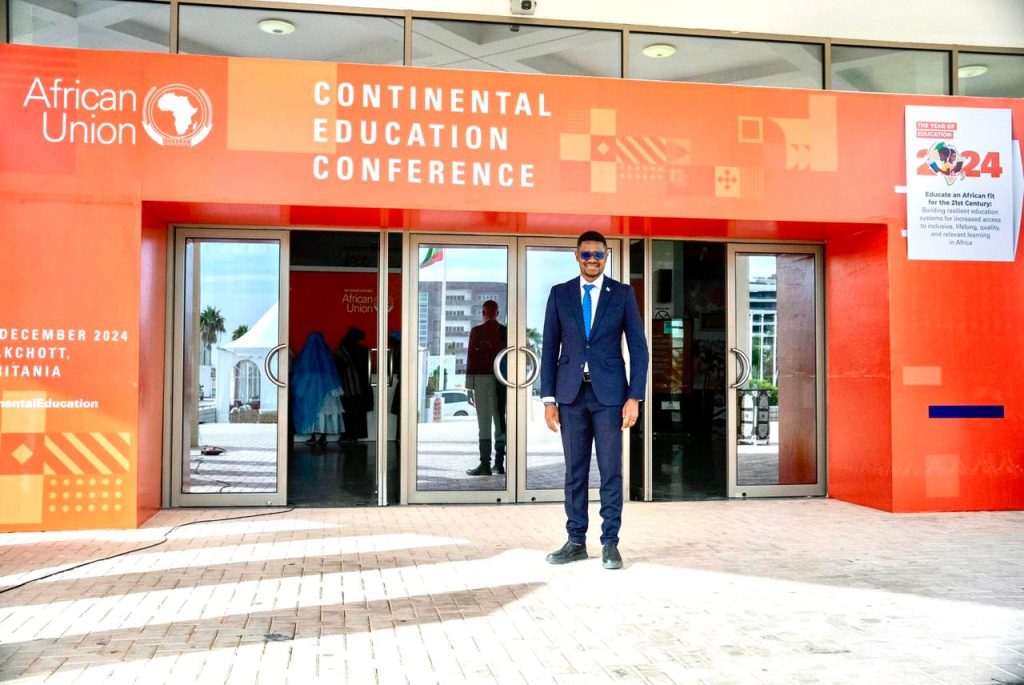
The conference is part of the African Union’s acknowledgment of 2024 as the Theme of the Year for Education, with the slogan “Educate an African fit for the 21st Century: Building resilient education systems for increased access to inclusive, lifelong, quality, and relevant learning in Africa.”
Sierra Leone has made significant strides in expanding access to education, notably through the leadership of President Julius Maada Bio. The government has allocated 22% of the national budget to support the Free Quality School Education program. Key policy shifts such as the Radical Inclusion policy and the Hands-off-Girls initiative have been widely recognized as best practices in improving access to education, particularly for gender equity and persons with disabilities.
Despite these advancements, challenges persist across many African nations, with a significant number of children and youth still out of school or lacking fundamental literacy and numeracy skills, which are essential for future learning and growth.
Goals and Objectives of the Continental Education Conference
The Continental Education Conference 2024 aims to achieve several key objectives:
- Assessing Implementation: Review the level of implementation by AU member states of recent decisions and commitments to transform education in Africa.
- Showcasing Successful Models: Highlight successful educational models and innovative solutions from across the continent, providing inspiration and guidance for policy makers in other countries.
- Strengthening Partnerships: Foster stronger collaborations and knowledge-sharing among policymakers, educators, civil society stakeholders, and researchers to drive educational transformation.
- Exploring Sustainable Financing: Explore mechanisms to ensure sustainable financing for education, focusing on strengthening domestic resources and innovative financing solutions to support the transformation of education systems.
The conference aims to serve as a catalyst for continued educational reform across Africa, ensuring that African youth are equipped with the necessary skills and education to thrive in the 21st century. The event is expected to inspire policymakers and educators to adopt innovative solutions and foster greater inclusivity in education.


